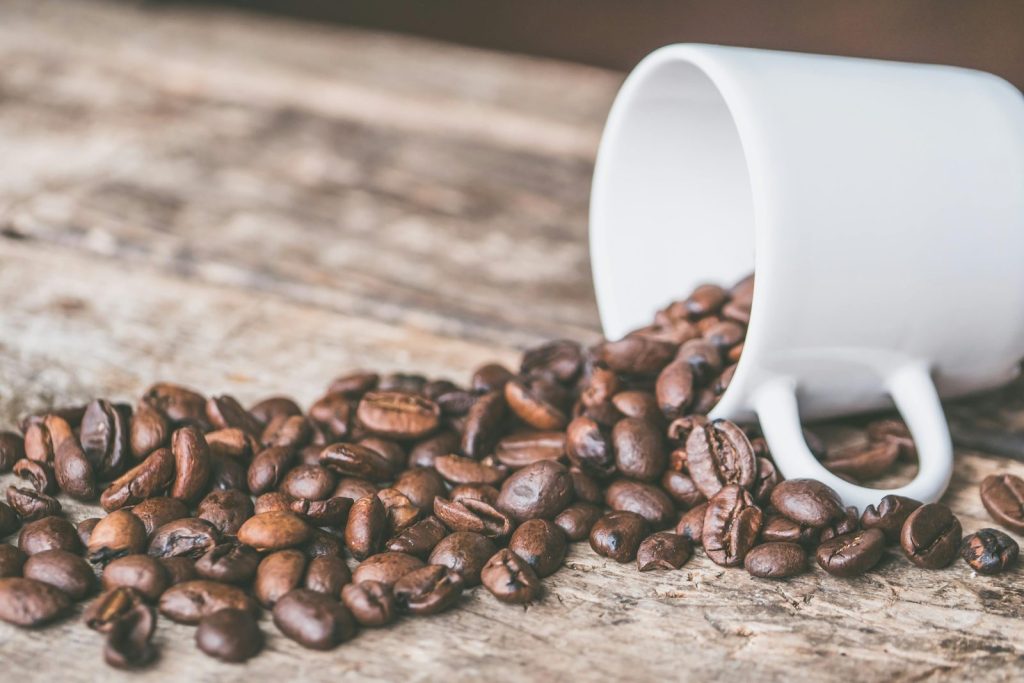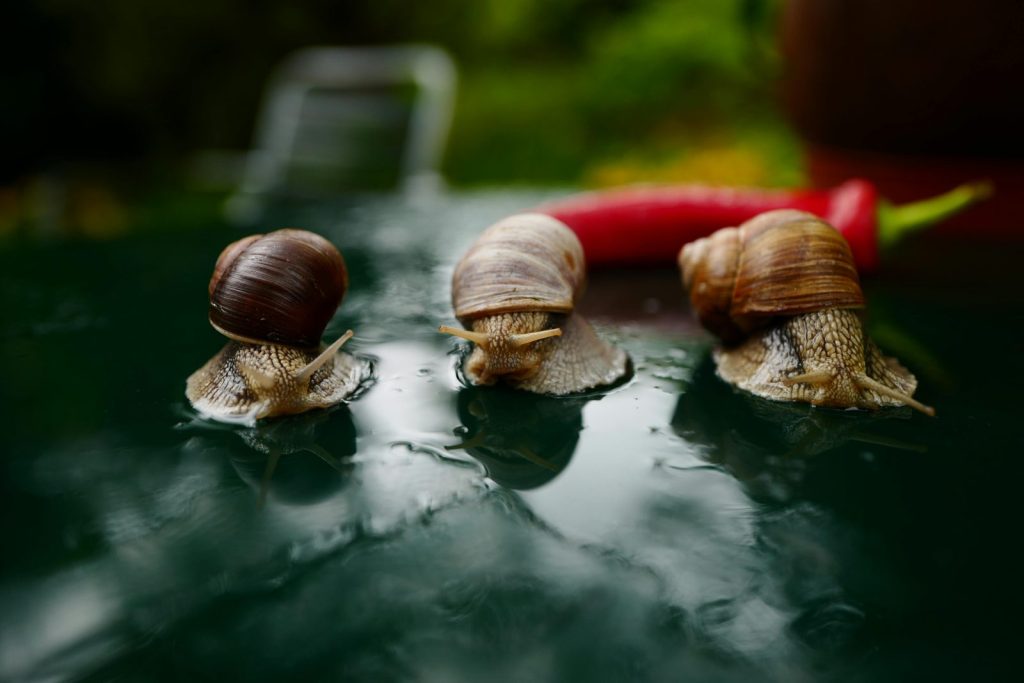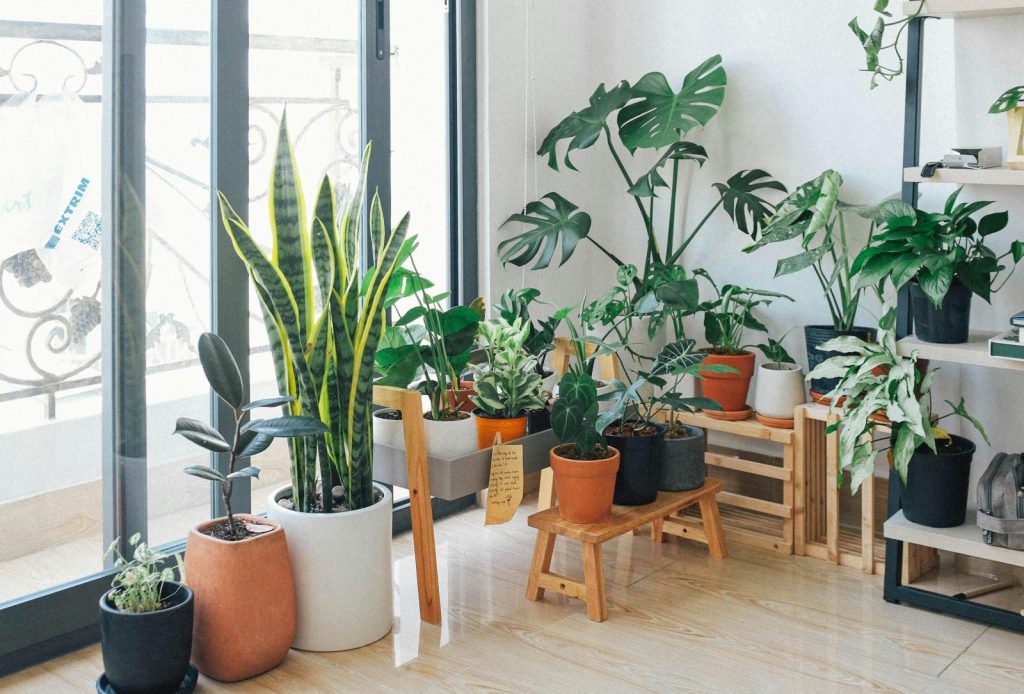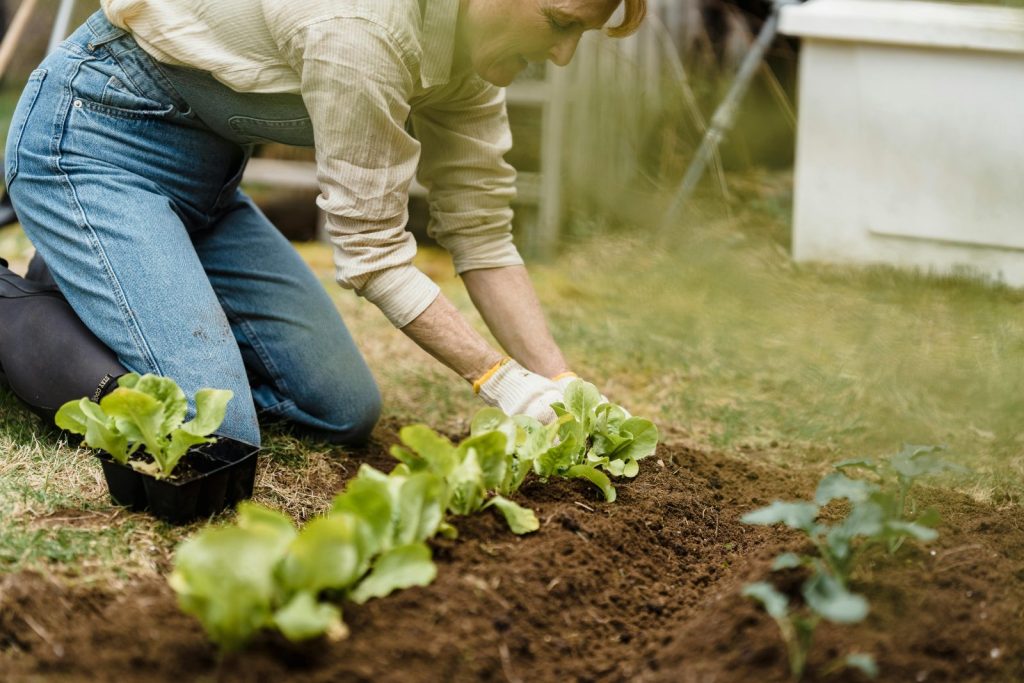
What is sustainable living? How Your Choices Shape a Sustainable Present and Future
By embracing sustainable living, we adopt practices that contribute to the well-being of the environment, society, and economy.

Coffee is a daily ritual for many, but have you ever considered the potential of used coffee grounds beyond your morning brew?
Recent research highlights their surprising ability to detoxify polluted soils and enhance plant health, offering eco-friendly solutions for sustainable agriculture.
This sustainable solution is also suitable for houseplants and overall urban agriculture.
Modern agricultural practices often contaminate soil by accumulating heavy metals and pesticide residues (1,2,3,4). These pollutants degrade soil quality, reduce crop yields, and pose environmental risks. Traditional remediation methods can be costly and environmentally taxing, prompting the need for sustainable alternatives.

Photo by Jessica Lewis 🦋 thepaintedsquare: https://www.pexels.com/photo/coffee-beans-and-white-mug-606545/
Used coffee grounds are rich in nutrients (nitrogen, potassium, and phosphorus) vital for plant growth. Beyond their nutritional value, studies have shown that coffee grounds can absorb and neutralize heavy metals and pesticide residues (5, 6). This detoxification reduces harmful pollutants and revitalizes soil health, making it more fertile and productive.

Photo by Monika Baumgartner: https://www.pexels.com/photo/a-close-up-shot-of-snails-4547293/
To harness the benefits of coffee grounds in your garden, consider the following methods:

Photo by Huy Phan: https://www.pexels.com/photo/potted-green-indoor-plants-3076899/
While coffee grounds offer numerous benefits, it's essential to use them appropriately:
Many coffee shops and chains offer used coffee grounds to gardeners, promoting sustainability and reducing waste. Notable programs include:

Photo by Dagmara Dombrovska: https://www.pexels.com/photo/white-flower-bouquet-in-white-ceramic-mug-8127799/
Tips for Acquiring Used Coffee Grounds:
Contribute to waste reduction and enhance your plant's health by incorporating this principle of sustainable living.
Incorporating used coffee grounds into your gardening practices is a simple yet effective way to promote sustainability and enhance plant health. Plus, it is free!
By repurposing this common waste product, you help reduce waste, detoxify the soil, and promote a healthy garden. Embrace this eco-friendly practice and enjoy the benefits.

Photo by Greta Hoffman : https://www.pexels.com/photo/an-elderly-woman-planting-in-a-soil-7728911/

By embracing sustainable living, we adopt practices that contribute to the well-being of the environment, society, and economy.

The idea of a sustainable diet was established in 2010.

A sustainable diet is considered to be a diet that resembles a nutritionally healthy diet.

Sustainability goes beyond admiration; it is a commitment to maintaining the delicate balance between our species and the planet.

Several scientists are “defending” meat consumption, replying that red meat is the source of essential nutrients.
Welcome to Sustainable Living by Science. With our scientific mindset, we are exploring how to nurture our well-being while caring for the environment. We are sharing the meaning of sustainability through evidence-based practices. Join us on this journey towards a greener, healthier future where science guides us to make the best choices for ourselves, the planet, and others.
All content is © 2024 by Sustainable Living by Science. All rights reserved.